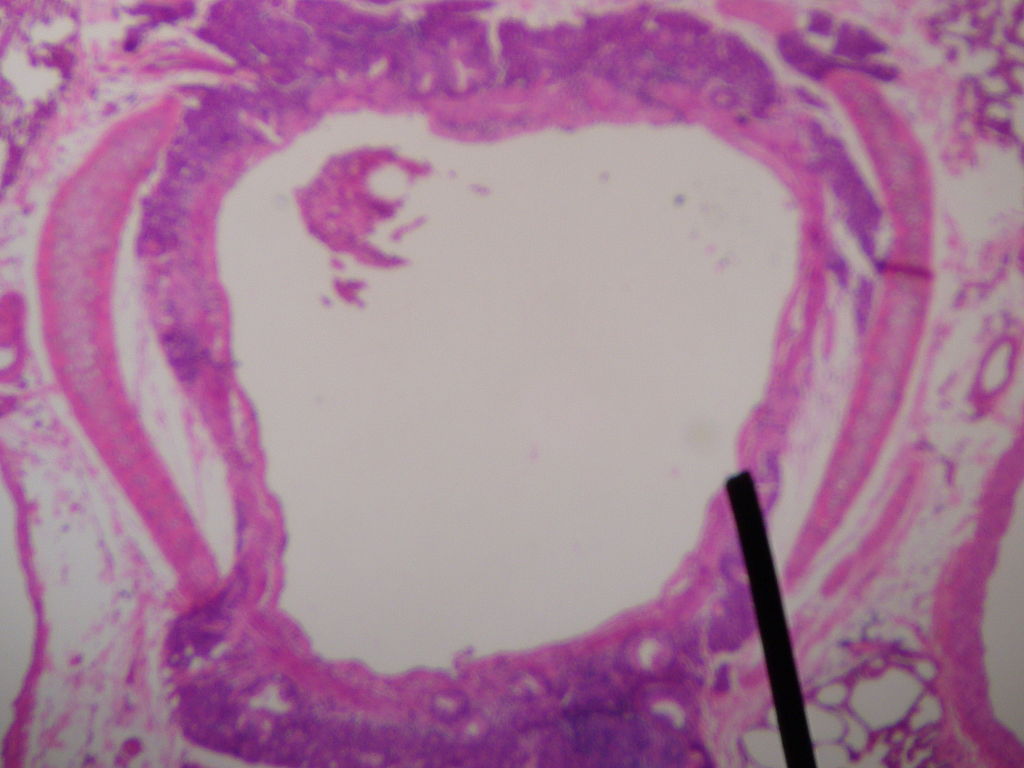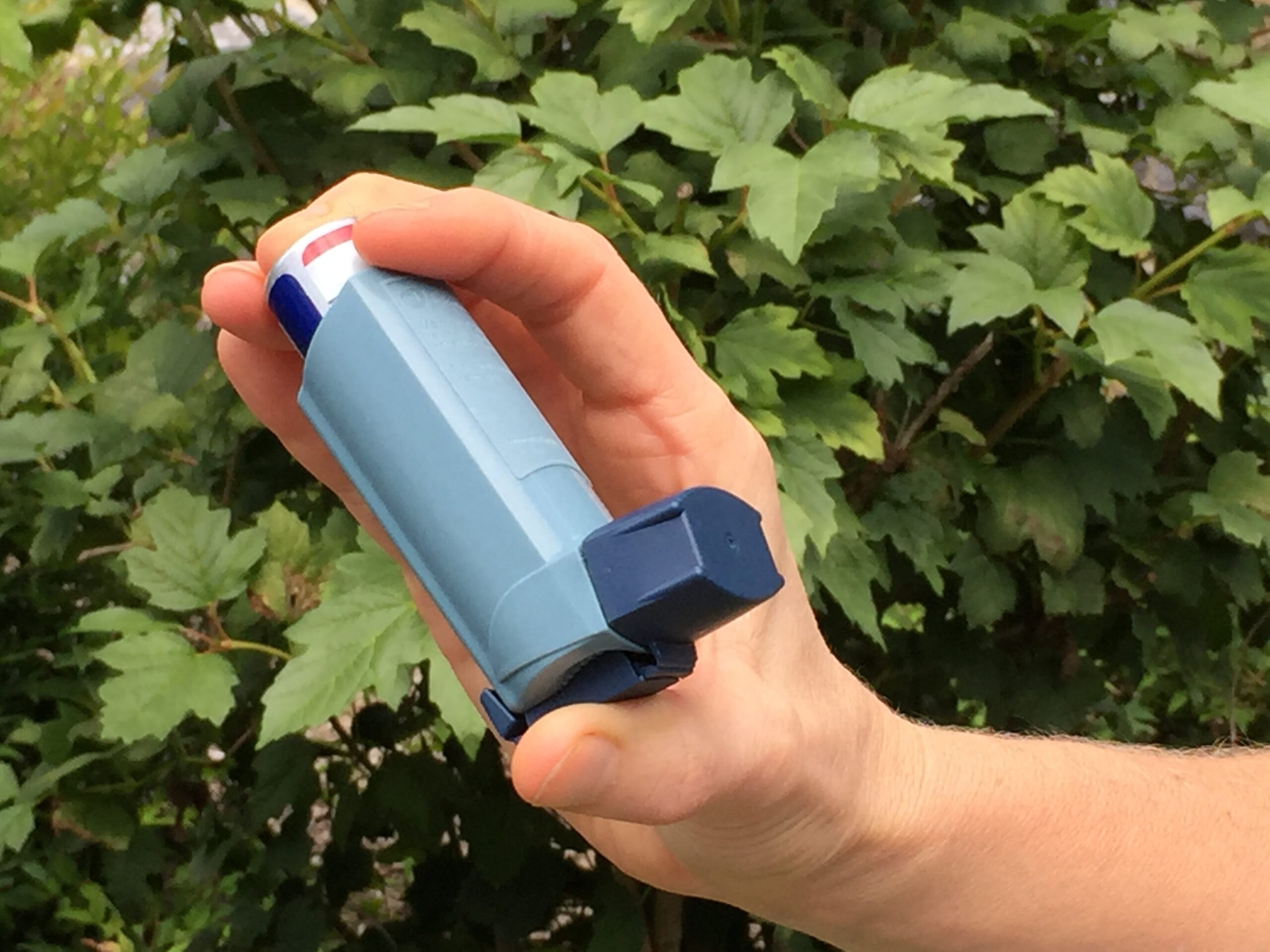Playlist
Show Playlist
Hide Playlist
Asthma Medication Questions
-
Slides Asthma Medication Questions.pdf
-
Reference List Pharmacology.pdf
-
Download Lecture Overview
00:01 Let's do some questions. Which of the following are bronchodilators? Prednisone, cromolyn, theophylline, omalizumab, and montelukast. 00:06 Let's do some questions. Which of the following are bronchodilators? Prednisone, cromolyn, theophylline, omalizumab, and montelukast. 00:18 Good, theophylline. Remember that prednisone is a steroid, it is an anti-inflammatory agent, it does not cause bronchodilation. 00:26 Cromolyn is a mast cell degranulation inhibitor or a release inhibitor. 00:31 Omalizumab is a IgE mediated monoclonal antibody and montelukast is a leukotriene antagonist. 00:41 Pick the false statement. 00:44 Zileuton selectively inhibits lipoxygenase. LT antagonists or LTAs are effective in acute asthma episodes. 00:52 LTAs are effective in antigen induced bronchospasm. LT agonists have low toxicity. 00:59 And montelukast is an antagonist of the LTD4 receptor. 01:06 The false statement is that LT antagonists are effective in acute asthma episodes. 01:11 Remember that we do not want to use this medication in acute asthma, we want to use it in chronic asthma and it maintains stability. 01:20 Let's move on to the next question, corticosteroids. So finish the sentence. 01:27 Corticosteroids reduce the synthesis of arachidonic acid by folic acid reduction. 01:33 B, corticosteroids increase the expression of COX-2. 01:38 C, corticosteroids inhibit phospholipase A2 activity to reduce arachidonic acid levels. 01:46 D, inhaled corticosteroids are rarely used due to systemic side effects. 01:50 And E, prednisone is commonly used in chronic mild asthma. 01:58 Right, corticosteroids inhibit phospholipase A2 activity to reduce arachidonic acid levels. 02:06 Well, there you have it. That's our respiratory lecture. I hope you enjoyed it, I hope you learned something. 02:11 Good luck on your exams. I'm sure you're going to do really well.
About the Lecture
The lecture Asthma Medication Questions by Pravin Shukle, MD is from the course Respiratory Pharmacology.
Included Quiz Questions
Which statement is correct?
- Montelukast is an antagonist of the LTD4 receptor.
- Prednisone is used in the management of acute asthma episodes because of its bronchodilator effect.
- Cromolyn is a bronchodilator medication.
- Theophylline is a mast cell degranulation inhibitor.
- LT antagonists are effective at treating acute asthma attacks.
Customer reviews
4,8 of 5 stars
| 5 Stars |
|
5 |
| 4 Stars |
|
1 |
| 3 Stars |
|
0 |
| 2 Stars |
|
0 |
| 1 Star |
|
0 |
I love how simple the concepts sound in these videos. I can watch these videos before my university lectures, without any other form of previewing, and feel adequately prepared.
i am very happy for listining this lecture ..good conclusion for asthma pharmacology
This review was extremely concise. Strictly what you need to know! Good Job!
Literally shortened my 1hr lecture into 10 mins and covered everything I need!
1 user review without text





